August 24, 2025
AI Impact Digital Marketing 2025: Key Trends to Watch

Greg Kopyltsov
Founder
impact of ai on digital marketing 2025

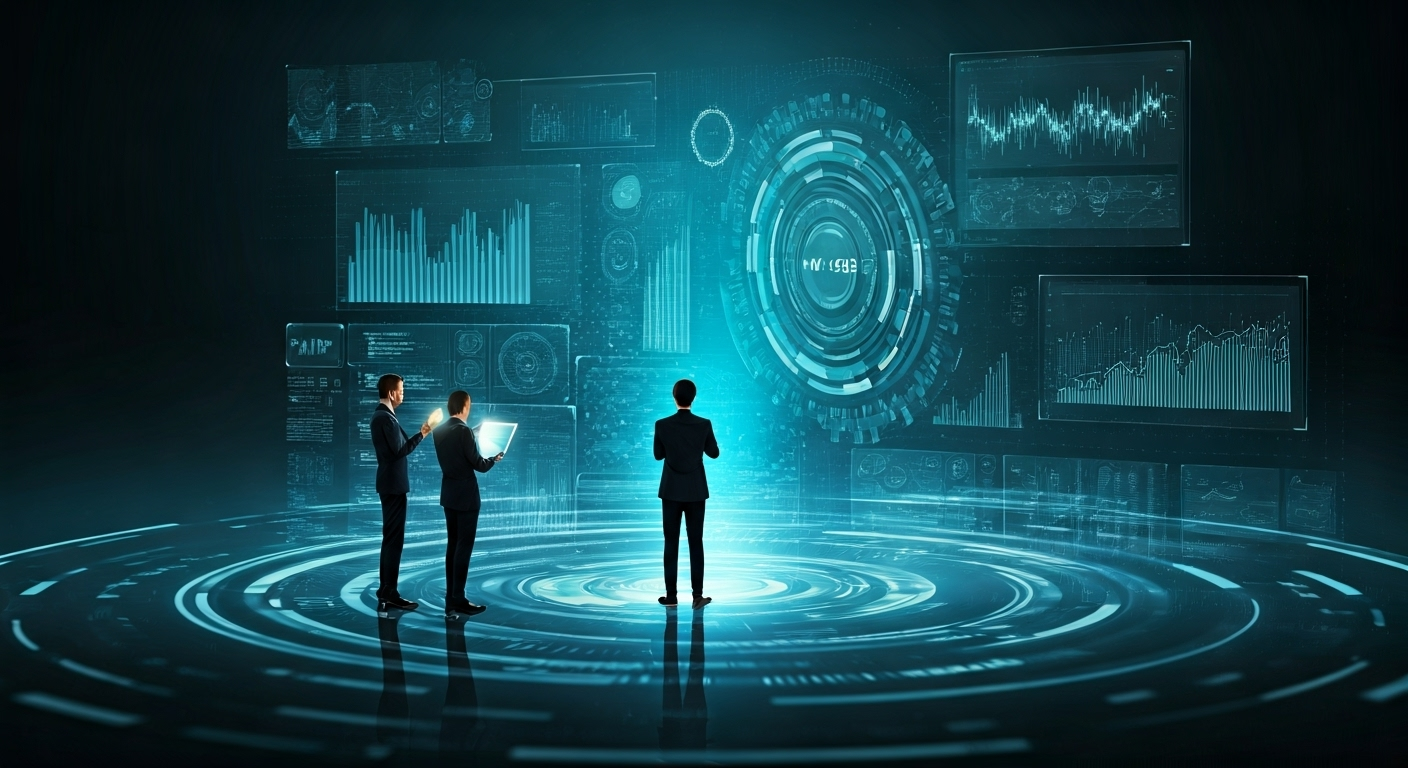
Digital marketing strategy is rapidly evolving as artificial intelligence takes center stage. With the latest developments in AI, marketers are using advanced machine learning and generative AI to target audiences, refine campaign messaging, and automate workflows. These innovations are reshaping digital marketing, making customer experiences more relevant and data-driven. As 2025 approaches, understanding the impact of artificial intelligence on your marketing efforts will be crucial for staying ahead in a competitive landscape.
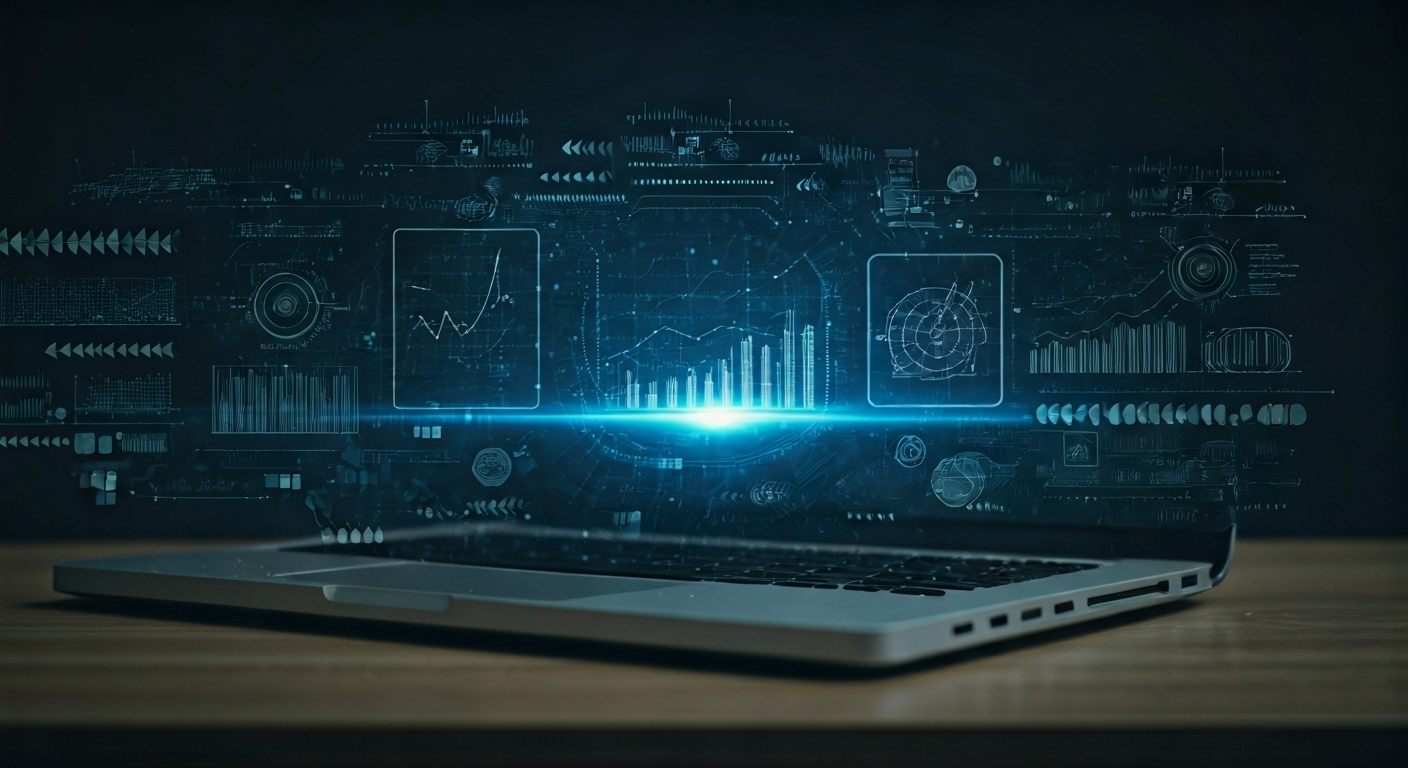
AI marketing is revolutionizing the marketing landscape, driving the adoption of AI across businesses large and small. Machine learning is now synonymous with the ability to analyze vast amounts of data, uncover hidden patterns, and automate tasks that previously required manual effort. Marketing teams leveraging AI find themselves empowered to make faster, more informed decisions.
Yet, with opportunity comes challenge. As AI transforms digital marketing strategies, marketers must adapt to new technologies, retrain teams, and ensure data analysis remains ethical and effective. What are the key ways AI will transform digital marketing strategies by 2025, and what challenges might marketers face in adapting to these changes? This transition sets the stage for more agile, targeted, and responsive marketing campaigns.
The journey of AI adoption in digital marketing began with simple automation and data collection. Marketers used early AI tools for tasks like scheduling social media posts and basic customer segmentation. Over time, these platforms evolved to include sophisticated predictive analytics, enabling marketing teams to forecast consumer behavior and personalize campaigns.
One of the most influential milestones is the rise of generative AI, which quickly became integral to content creation and campaign management. Brands now rely on advanced algorithms to generate blog posts, product descriptions, and targeted ads that reflect their brand voice. Christina Inge, author and Harvard instructor, remarks, “Your job will not be taken by AI. It will be taken by a person who knows how to use AI.” This quote emphasizes the importance of leveraging AI to stay competitive.
Despite progress, marketers face hurdles such as lack of training, resource constraints, and the need to nurture human creativity alongside technology. Adapting to continuous shifts in the marketing landscape is vital as AI moves from a luxury to a necessity.
Today’s consumers expect brands to understand their unique needs and behaviors. Advancements in AI let marketers analyze consumer data and user behavior in real time, making audience segmentation more precise than ever before. Customers now demand personalized experiences and tailored recommendations that reflect their actual preferences.
As technology evolves, customer needs are changing rapidly. AI lets you anticipate what your audience wants before they even ask, transforming passive marketing campaigns into active, intelligent engagements. How will AI-driven personalization impact customer engagement in digital marketing by 2025? The ability to predict and respond to shifting expectations sets successful brands apart.
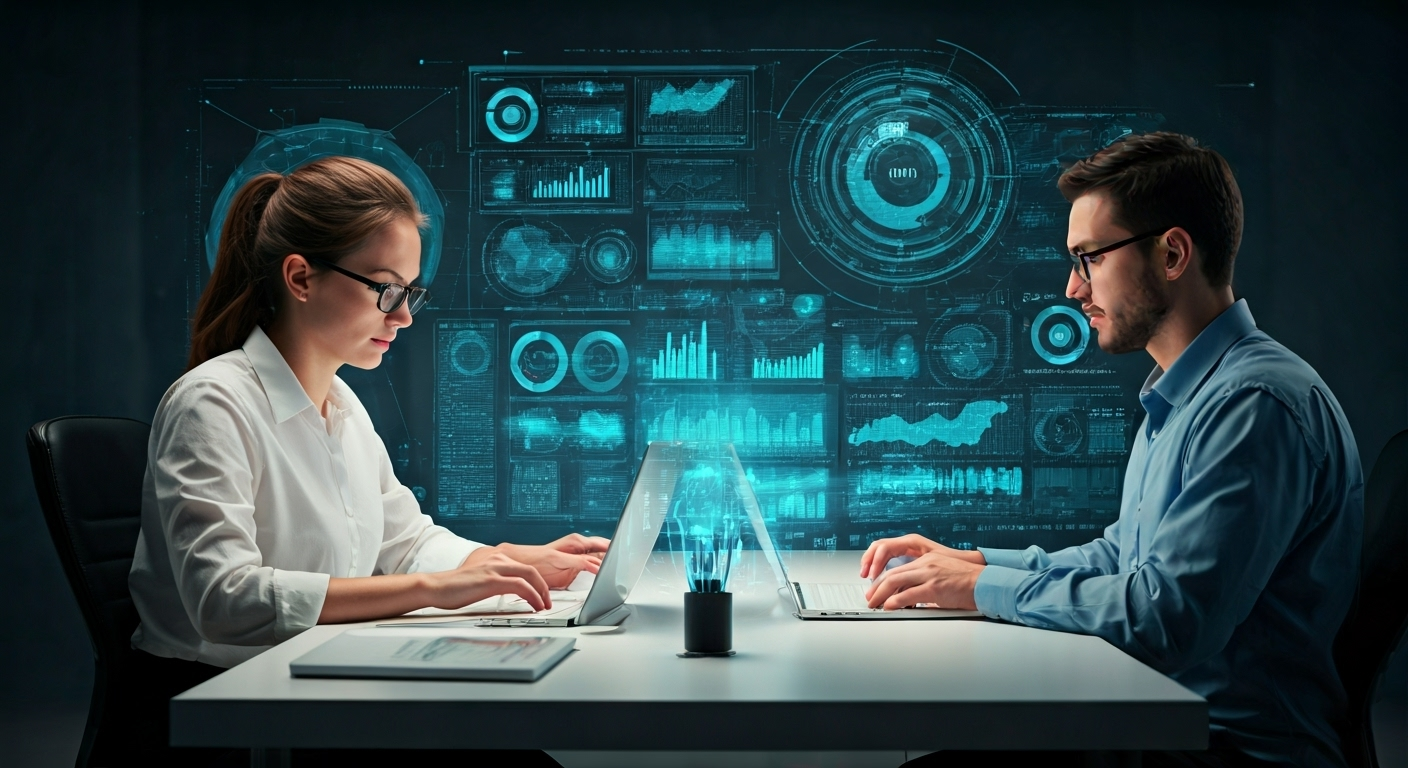
Fresh marketing trends are emerging as AI becomes the backbone of digital marketing strategy. Predictive analytics now offer a competitive edge, enabling marketing teams to anticipate changes in consumer behavior and adjust campaigns in real time. Generative AI and marketing automation are streamlining workflows, freeing up professionals for strategic thinking.
As digital marketing enters a new era, staying informed about the latest AI-driven trends is essential for success. What digital marketing trends involving AI should professionals prepare for in 2025? Let’s explore the defining themes that will shape the coming year.
Predictive analytics are at the forefront of ai marketing trends, changing how data analysis drives campaign decisions. These models analyze vast amounts of user data, revealing deeper insights into what motivates your audience. By forecasting consumer actions, marketing teams can design strategies that match real-time needs.
For example, AI-powered lead scoring helps businesses prioritize the most promising prospects based on website interactions, social media engagement, and historical behavior. This method not only improves efficiency but also maximizes return on investment. Tools like Google Analytics are integrating machine learning for richer reporting and smarter recommendations.
How will AI help digital marketers optimize advertising campaigns in 2025? By automating analysis, adjusting budgets, and refining creative content in real time, AI enables brands to react instantly to market shifts—making every marketing campaign more effective.
Hyper-personalization, powered by generative ai, is redefining product recommendations and campaign targeting. AI tools analyze individual user behavior and purchase history, serving content and offers that are tailor-made for each member of your target audience.
The ability to personalize experiences at scale is a major leap forward. AI enables marketing teams to reach thousands with unique messages, all while maintaining consistency and authenticity. How will AI-driven personalization impact customer engagement in digital marketing by 2025? Customers are more likely to interact with brands that anticipate their needs, boosting loyalty and retention with every personalized touchpoint.
Marketing automation is revolutionizing how teams manage repetitive tasks and deliver ad campaigns at scale. AI platforms now handle everything from scheduling posts to optimizing ad placements, freeing up professionals for strategy and creative work.
By automating routine campaign management, marketers can launch real-time responses to market trends and audience feedback. This means ads, social media, and email campaigns can be tweaked instantly for maximum impact.
How will AI help digital marketers optimize advertising campaigns in 2025? Automated reporting, budget adjustments, and creative testing make digital marketing efforts more agile. The use of AI ensures that your messaging reaches the right audience at the right time—a crucial advantage in a crowded digital space.

Personalization is no longer optional—it’s the cornerstone of customer engagement. AI-driven marketing strategies identify where customers are in their journey and deliver tailored experiences at the right time. This technology boosts customer experiences and keeps your audience coming back.
By leveraging real-time data and machine learning, marketing teams are crafting smarter, more engaging touchpoints throughout the customer journey. How will AI-driven personalization impact customer engagement in digital marketing by 2025? The answer lies in real-time tactics and intelligent engagement solutions.
Real time personalization is transforming the customer journey. AI marketing platforms monitor user behavior and adjust content delivery instantly, allowing brands to offer timely recommendations and support.
Marketing teams gain the ability to optimize every customer interaction, from website visits to social media engagements. These tactics foster deeper relationships, as customers feel brands truly understand their needs. How will AI-driven personalization impact customer engagement in digital marketing by 2025? With immediate responses to user behavior, engagement rates and satisfaction soar.
Mapping the customer journey is more accurate with AI-enabled tools. Sentiment analysis and product recommendations now provide marketing teams with a complete view of customer motivations and preferences. These insights help inform each stage of campaign development, from discovery to post-purchase.
Marketers use AI to analyze customer interactions across multiple channels, revealing patterns that drive conversion and retention. By automating data collection and analysis, teams can refine messaging and identify the most valuable touchpoints.
How will AI-driven personalization impact customer engagement in digital marketing by 2025? The ability to map customer journeys in detail allows for smarter, more personalized experiences—resulting in higher engagement and loyalty.
Retention is a top priority in today’s marketing landscape. Intelligent engagement powered by AI ensures that customers remain active and invested. Techniques like personalized email marketing and targeted social media campaigns help brands stay top-of-mind.
AI tools monitor customer engagement in real time, identifying when users are at risk of dropping off and triggering automated interventions to re-engage them. By understanding individual preferences, marketing teams can deliver relevant content that encourages repeat interaction.
How will AI-driven personalization impact customer engagement in digital marketing by 2025? Personalized outreach and intelligent engagement tactics significantly increase retention, turning casual customers into loyal advocates.
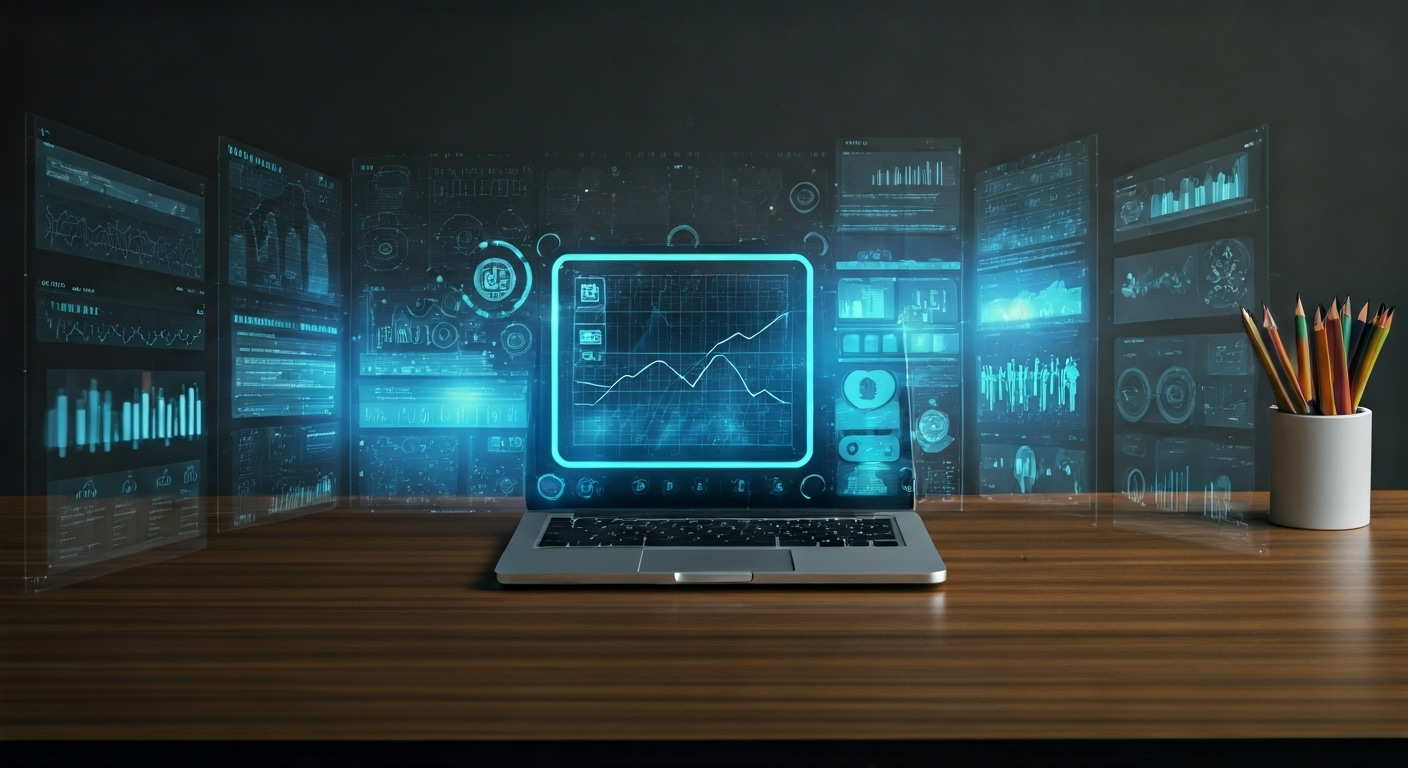
AI tools are reshaping how marketing teams approach automation, reporting, and content generation. These platforms streamline marketing efforts, enable smarter decision-making, and optimize campaign performance. From marketing automation to analytics, the right AI-powered tools are invaluable for staying competitive.
As AI adoption accelerates, professionals must choose platforms that align with their goals. What are the top AI-powered tools digital marketers should use in 2025? Let’s break down the leading solutions for content creation, social media, and data analysis.
Content creation is faster and more consistent thanks to advanced ai tools. Platforms such as Jasper, ChatGPT, and Copilot for Microsoft generate blog posts, product descriptions, and social media updates tailored to your brand voice.
These solutions enable marketing teams to keep up with the demand for fresh, relevant content while maintaining messaging consistency. Generative AI platforms also support creative brainstorming, helping professionals develop ideas and draft marketing plans quickly.
Here’s a quick comparison of leading content creation tools:
AI Tool
Key Features
Use Case
Jasper
Content generation, analytics, insights
Blog posts, product descriptions
ChatGPT
Chatbots, campaign creation, personalized emails
Social media, customer service
Copilot for Microsoft
Drafts, messaging, blog planning
Social media, marketing strategy
Gemini for Google Workspace
Messaging, info evaluation, task automation
Document summaries, workflow support
What are the top AI-powered tools digital marketers should use in 2025? These platforms let you scale content creation, streamline workflows, and maintain a strong brand voice.
Social media and advertising automation are now powered by AI, allowing marketing teams to handle routine tasks and ad placements with ease. Platforms like Blaze and HubSpot are leading the way, automating content calendars and optimizing campaign management.
These solutions help professionals stay connected with their audience and respond instantly to feedback. By using AI-driven social media management and advertising optimization, marketers can boost engagement and performance across all digital channels. What are the top AI-powered tools digital marketers should use in 2025? These tools make it simple to manage campaigns, schedule posts, and deliver ads to the right audience.
Machine learning is transforming analytics and reporting within digital marketing. Tools like Google Analytics and FullStory use advanced algorithms to convert raw data into actionable insights, providing marketing teams with a competitive edge.
These platforms automate the analysis of vast amounts of data, uncovering trends and behaviors that inform campaign strategies. Reporting becomes more accurate and timely, allowing professionals to adjust their approach as needed.
With AI-driven analytics, marketers can evaluate campaign performance, measure audience engagement, and refine targeting for better results. What are the top AI-powered tools digital marketers should use in 2025? Machine learning solutions keep brands ahead by turning data into decisions.
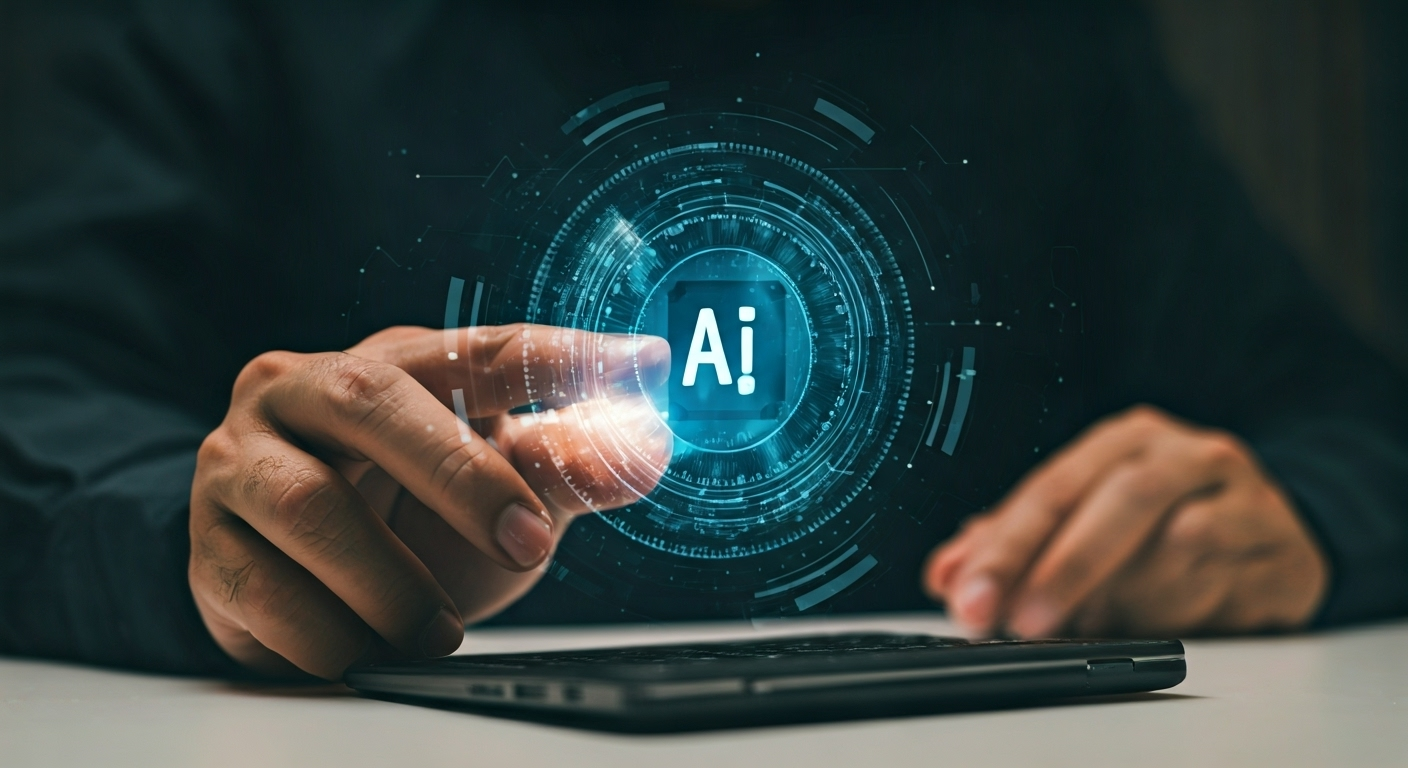
Search engine optimization is experiencing dramatic change due to generative AI and advanced machine learning. Voice search, semantic analysis, and real-time algorithm adaptation are central to the new approach. These innovations help marketing teams optimize content and improve visibility across search engines, making SEO more dynamic and responsive.
As AI continues to shape how people find information online, digital marketers must adapt their search strategies. How is AI expected to transform SEO practices in 2025? The following sections detail the most significant developments.
Semantic search is becoming the standard for search engine optimization. Generative ai models analyze user intent, making search results more relevant and personalized. Content generation is tailored to answer questions in a conversational, context-rich manner.
Marketing teams now create material optimized for both humans and algorithms, increasing the chances of ranking higher in search results. This shift demands a new focus on authenticity, relevance, and clarity in every piece of content.
How is AI expected to transform SEO practices in 2025? Generative engine optimization will prioritize understanding user needs, making your marketing strategy more customer-centric and effective.
Voice search and visual search are rapidly changing how users interact with search engines. AI-powered virtual assistants interpret spoken queries, while visual search tools identify images and recommend relevant content.
With these advancements, marketers must optimize their campaigns for natural language and visual content. How is AI expected to transform SEO practices in 2025? Adapting to new search behaviors is key to reaching your audience where they are.
AI is driving real time adaptation of search engine algorithms, making SEO strategies more flexible than ever. Marketing teams monitor changes and adjust content based on up-to-the-minute data, ensuring visibility and relevance.
AI tools analyze user behavior, feedback, and emerging trends, integrating them into algorithm updates. This continuous improvement cycle keeps marketing campaigns effective and competitive.
How is AI expected to transform SEO practices in 2025? Real-time adaptation means brands can respond instantly to shifts in search engine optimization, maintaining a strong digital presence.
Marketing trends are evolving as industry leaders and market research point to deeper AI integration. Staying informed about ethical concerns, conversational AI, and the rise of creative collaboration is critical for maintaining a competitive edge.
Digital marketers must navigate rapid innovation and increased reliance on data-driven strategies. What digital marketing trends involving AI should professionals prepare for in 2025? This section highlights the most influential themes and emerging challenges.
Conversational ai and chatbots are elevating customer service and virtual assistant experiences. These tools respond to queries, provide product recommendations, and guide users through the purchasing process—all in real time.
As chatbots become smarter, marketing teams can deliver support and engagement around the clock. What digital marketing trends involving AI should professionals prepare for in 2025? Adopting conversational AI is essential for building efficient, customer-focused service.
AI fatigue is challenging marketing teams to balance automation with original thinking. As repetitive tasks become automated, new ideas and human creativity stand out as valuable assets. Marketers must avoid overreliance on AI by nurturing fresh perspectives and innovative strategies.
The use of ai should support—not replace—creative direction. Professionals can leverage automation for efficiency while focusing their efforts on storytelling and brand building.
What digital marketing trends involving AI should professionals prepare for in 2025? Maintaining creativity amid technological change keeps campaigns unique and authentic.
Responsible marketing practices are more critical than ever as ethical ai enters the spotlight. Data privacy and compliance with regulations such as the General Data Protection Regulation (GDPR) are top concerns for marketing professionals.
Balancing innovation with ethical standards protects your brand and customer relationships. What digital marketing trends involving AI should professionals prepare for in 2025? Prioritizing ethical AI use is non-negotiable for successful digital marketing.
Content creation and curation are now powered by generative ai, enabling marketers to produce and distribute marketing materials quickly and efficiently. AI-driven platforms streamline blog writing, video production, and campaign messaging, ensuring consistent quality and brand voice.
As content marketing evolves, digital marketers must balance machine efficiency with human creativity. How will AI influence content creation and curation for digital marketing in 2025? These sections explore the new landscape of AI-powered content.
Generative ai is transforming the creation of blog posts, email marketing campaigns, and video content. Marketers can now produce new content tailored to specific audience segments without sacrificing quality or authenticity.
AI tools interpret brand guidelines and audience data, generating scripts, articles, and visual assets that resonate with viewers. This scalability lets teams keep pace with demand for engaging marketing materials, maintaining a strong digital presence.
How will AI influence content creation and curation for digital marketing in 2025? Automated content generation saves time and resources, allowing professionals to focus on strategy and innovation.
Finding harmony between human creativity and machine efficiency is key to successful content generation. Marketing teams must inject personality and voice into campaign materials while leveraging AI for productivity gains.
How will AI influence content creation and curation for digital marketing in 2025? Effective collaboration between people and technology delivers innovative, authentic campaigns that stand out in the marketplace.
Brand voice and authenticity are essential for building trust with your audience. AI tools must be programmed to reflect your company’s tone and values, ensuring consistency across all marketing materials.
Marketing teams use AI to automate content creation while reviewing outputs to maintain quality and brand alignment. Transparent communication about the use of AI in content helps customers understand and trust your messaging.
How will AI influence content creation and curation for digital marketing in 2025? The right balance between automation and human oversight preserves authenticity and strengthens brand recognition.
KeywordSearch has an AI Audience builder that helps you create the best ad audiences for YouTube & Google ads in seconds. In a just a few clicks, our AI algorithm analyzes your business, audience data, uncovers hidden patterns, and identifies the most relevant and high-performing audiences for your Google & YouTube Ad campaigns.
You can also use KeywordSearch to Discover the Best Keywords to rank your YouTube Videos, Websites with SEO & Even Discover Keywords for Google & YouTube Ads.
If you’re looking to SuperCharge Your Ad Audiences with AI - Sign up for KeywordSearch.com for a 5 Day Free Trial Today!
As we venture into 2025, the impact of AI in digital marketing becomes increasingly significant. From predictive analytics that inform data-driven decisions to hyper-personalization that enhances customer engagement, the landscape is transforming rapidly. Marketers must adapt to emerging trends such as conversational AI and the need for ethical use of technology. Embracing AI-powered tools will not only streamline processes but also ensure that brands maintain their authenticity while delivering tailored experiences. The future of digital marketing lies in the synergy between human creativity and machine efficiency, paving the way for innovative strategies that cater to evolving consumer expectations. If you're ready to harness the power of AI for your marketing efforts, get in touch with us today for a consultation!
Recent data shows that over 75% of marketing professionals rely on AI marketing for digital marketing strategy and data analysis. Accelerating ai adoption offers a clear competitive advantage, with businesses reporting faster workflows and higher conversion rates compared to traditional methods.
Industries like healthcare, education, retail, and entertainment are most affected by AI advancements in digital marketing. These sectors use AI marketing for audience segmentation, personalized product recommendations, and enhanced customer engagement, transforming how they connect with and serve their customers.
AI advancements in digital marketing are creating roles like AI-driven content strategists, data analysts specializing in AI insights, and automation specialists. These positions focus on leveraging machine learning to optimize campaigns, enhance customer engagement, and drive data-informed decision-making for businesses.